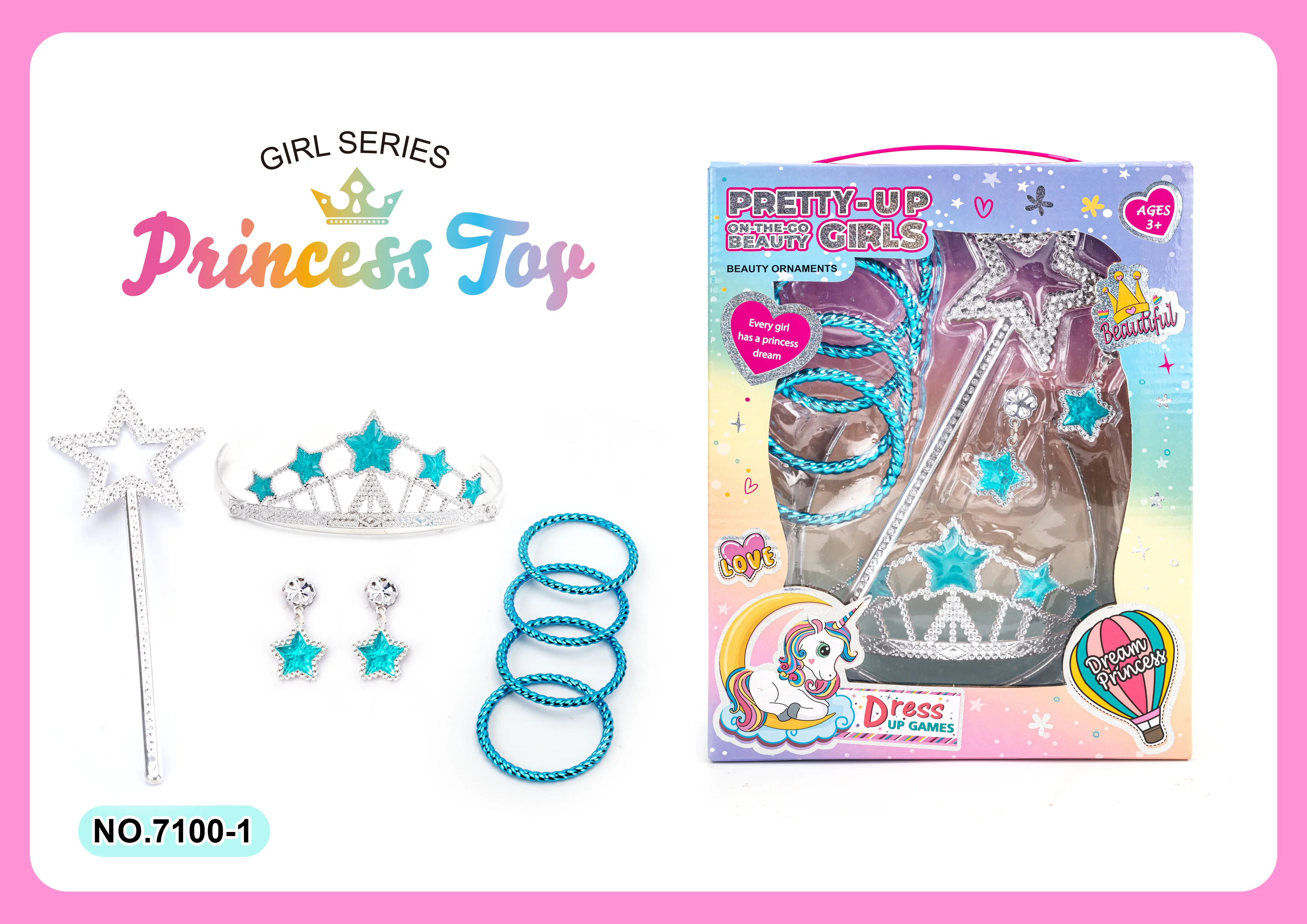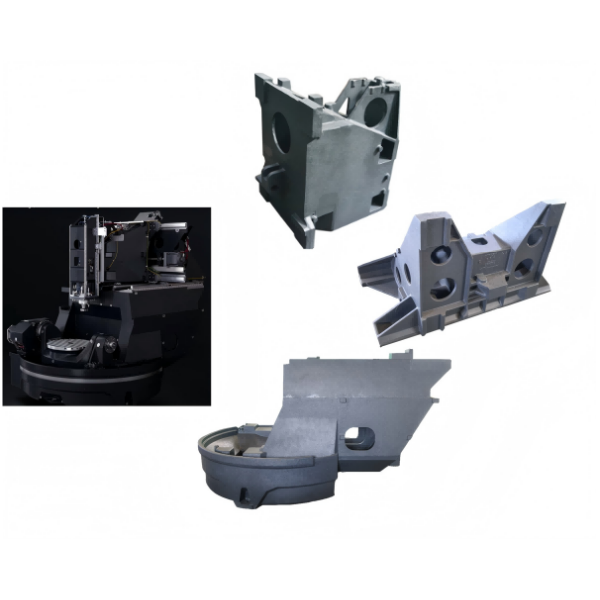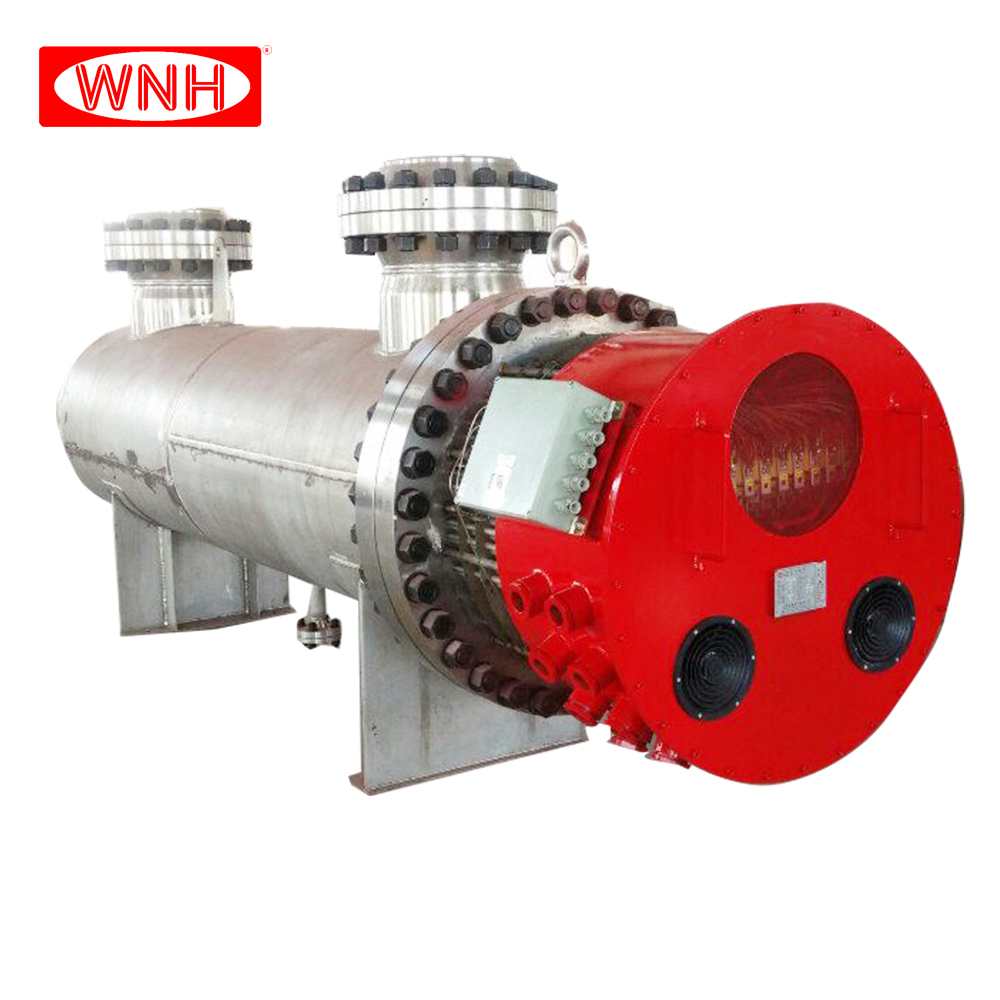When embarking on the journey of photography, one of the most pressing questions for beginners is: How much should you spend on a beginner camera? This question is not merely about the price tag; it encompasses a range of factors including your photography goals, the type of photography you wish to pursue, and the long-term value of your investment. In this comprehensive guide, we will delve into the various aspects that influence your budget, helping you make an informed decision that aligns with your aspirations.
Understanding Your Photography Goals
Before you even consider the price of a camera, it's crucial to define your photography goals. Are you looking to capture stunning landscapes, document family moments, or perhaps venture into the world of portrait photography? Your intended use will significantly influence the type of camera you should invest in.
- Casual Photography: If your goal is to take snapshots for social media or family albums, a smartphone with a good camera or a compact point-and-shoot may suffice. These options typically range from $200 to $600.
- Hobbyist Level: For those who wish to explore photography more seriously, a beginner DSLR or mirrorless camera is a great choice. These cameras offer interchangeable lenses and manual controls, allowing for greater creative expression. Expect to spend between $500 and $1,200 for a decent entry-level model.
- Professional Aspirations: If you envision a future in professional photography, investing in a higher-end camera is advisable. Cameras in this category often start at around $1,200 and can go well beyond $3,000, depending on the features and capabilities.
The Importance of Camera Type
The type of camera you choose will also impact your budget. Here’s a breakdown of the most common options:
- Point-and-Shoot Cameras: These are compact and user-friendly, making them ideal for beginners. Prices typically range from $200 to $600.
- DSLR Cameras: Digital Single-Lens Reflex cameras are versatile and offer excellent image quality. Entry-level DSLRs start around $500, while mid-range models can cost between $800 and $1,500.
- Mirrorless Cameras: These cameras are gaining popularity due to their compact size and advanced features. Prices for beginner mirrorless cameras usually start at $600 and can reach $1,500 for more advanced models.
- Smartphones: With advancements in smartphone camera technology, many beginners opt for high-end smartphones that can range from $700 to $1,200. While not traditional cameras, they offer convenience and impressive image quality.
Additional Costs to Consider
When budgeting for your first camera, it’s essential to account for additional costs beyond the camera body itself. Here are some common expenses that beginners often overlook:
- Lenses: If you choose a DSLR or mirrorless camera, you’ll likely want to invest in additional lenses. A good lens can cost anywhere from $200 to $2,000, depending on the type and quality.
- Accessories: Essential accessories such as a sturdy tripod, camera bag, and memory cards can add another $100 to $500 to your budget.
- Editing Software: Post-processing is a crucial part of photography. Software like Adobe Lightroom or Photoshop can cost around $10 to $20 per month, or you can opt for one-time purchases of alternatives like Capture One.
- Learning Resources: Investing in photography courses or workshops can greatly enhance your skills. Online courses can range from free to several hundred dollars, depending on the depth and quality of the material.
Balancing Quality and Budget
While it’s tempting to go for the cheapest option available, it’s important to strike a balance between quality and budget. A low-cost camera may save you money upfront, but it could limit your growth as a photographer. Conversely, overspending on high-end gear without the skills to utilize it effectively can lead to frustration.
Conclusion: Finding Your Sweet Spot
Ultimately, the amount you should spend on a beginner camera depends on your individual goals, the type of photography you wish to pursue, and your willingness to invest in your craft. A budget of $500 to $1,200 is generally a safe range for most beginners looking to purchase a quality camera that will serve them well as they develop their skills.





